Homeopathic Medicine For Tonsillitis
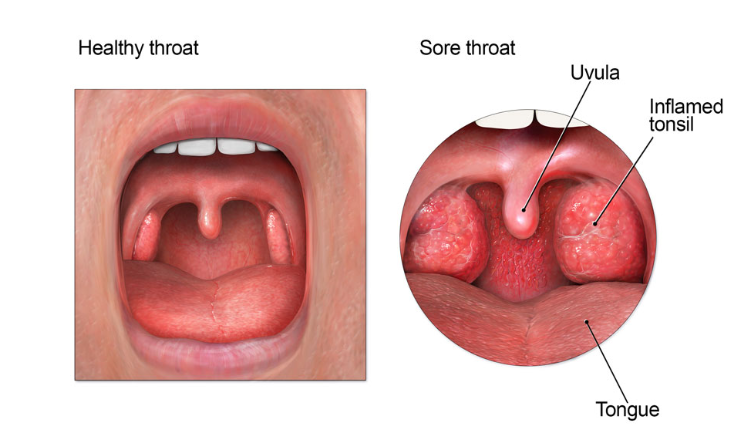
Tonsillitis is an inflammation or infection of the tonsils, which are two oval-shaped pads of tissue at the back of your throat. Tonsillitis can be caused by either viral or bacterial infections and can lead to various symptoms. Here’s an overview of tonsillitis, its causes, symptoms, and potential treatments:
Causes of Tonsillitis:
Viral Infections: The majority of tonsillitis cases are caused by viral infections, with the most common viruses being the Epstein-Barr virus (EBV), adenovirus, rhinovirus, and influenza virus.
Bacterial Infections: Bacterial tonsillitis is often caused by Streptococcus pyogenes, commonly referred to as Group A Streptococcus. Commonly known as “strep throat.”
Common Symptoms of Tonsillitis:
Sore Throat: Tonsillitis typically begins with a sore throat, which may be severe and is often one of the earliest symptoms.
Swollen Tonsils: The tonsils may become red, swollen, and may have white or yellow patches or streaks of pus on their surface.
Difficulty Swallowing: Due to the inflammation and discomfort, you may experience pain when swallowing.
Fever: Tonsillitis can be accompanied by a fever, especially in cases of bacterial tonsillitis.
Tender Neck Lymph Nodes: The lymph nodes in your neck may become swollen and tender.
Headache and Earache: Some people with tonsillitis may experience headaches and earaches.
Bad Breath: Foul-smelling breath can be a symptom due to the infection and pus in the tonsils.
Hoarseness: Tonsillitis can cause hoarseness or changes in your voice.
Homeopathic Medicine
1. Belladonna
Sudden Onset: Belladonna is commonly used when tonsillitis symptoms come on suddenly and intensely. The onset of the illness is often rapid.
Severe Throat Pain: The throat pain is typically severe, with a burning or throbbing sensation. It may be worse on the right side. Swallowing can be extremely painful.
Red and Swollen Tonsils: The tonsils are typically red and swollen. Appear inflamed and ensation of dryness in the throat.
High Fever: Belladonna is associated with a high fever. Person feel hot to the touch, and their skin may be flushed.
Sensitivity to Light and Noise: Belladonna often exhibit extreme sensitivity to light, noise, and touch. They prefer to be in a dark, quiet room.
Restlessness and Delirium: Belladonna indicated when the person is restless, agitated, and experience delirium during the fever.
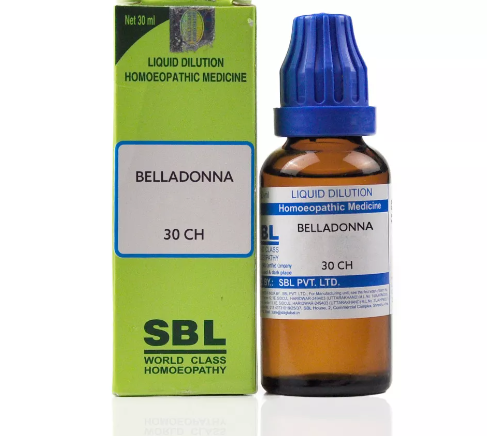
2. Hepar Sulphuris
Throat Pain: The throat pain is typically sharp, stitching, and extremely sensitive. Swallowing is painful, and even a slight touch or exposure to cold air can worsen the pain.
Pus Formation: Hepar Sulphur is known for its affinity for cases where there is a tendency for pus to form in the tonsils. The tonsils may be swollen and inflamed, and there may be yellow or greenish-yellow discharges or streaks of pus visible on or around the tonsils.
Chills and Sensitivity to Cold: Individuals who require Hepar Sulphur often feel excessively sensitive to cold air or drafts. Exposure to cold can trigger or worsen the condition.
Earache: Hepar Sulphur accompanied by earaches or discomfort radiating to the ears.
Bad Breath: The breath may have a foul, offensive odor due to the presence of pus and infection in the throat.
Restlessness: Sense of irritability and restlessness in individuals who need Hepar Sulphur.
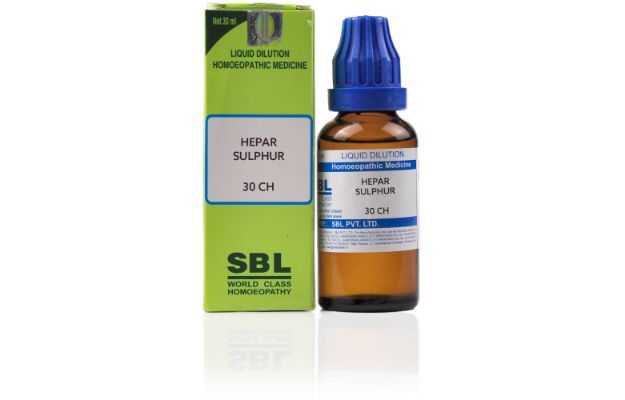
3. Mercurius Solubilis
Swollen and Inflamed Tonsils: Mercurius is typically indicated when the tonsils are swollen, red, and inflamed. The inflammation may be accompanied by a burning or stinging sensation.
Pus Formation: Tonsillitis treated with Mercurius may involve the development of yellow or greenish pus on the tonsils or the throat’s posterior wall. The presence of such discharges key factor in selection of this remedy.
Excessive Salivation: Experience an increased production of saliva, which may be thick and stringy.
Offensive Breath: Marked foul odor or metallic taste in the mouth. This offensive breath can be a characteristic symptom of Mercurius.
Difficulty Swallowing: Painful swallowing, and it feel worse at night. The throat feel raw, as though it has been scraped, contributing to the difficulty in swallowing.
Chills and Sensitivity to Temperature: Experience chills and sensitive to temperature changes, especially feeling worse from exposure to cold, damp weather.
Restlessness: Restless, anxious, and uncomfortable. Experience sleep disturbances.
Worsening of Symptoms at Night: Symptoms associated with Mercurius solubilis tend to worsen at night.
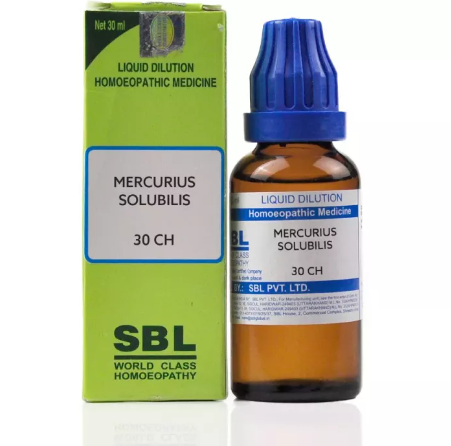
4. Aconitum Napellus
Sudden Onset: Aconitum is usually indicated when tonsillitis comes on suddenly, often following exposure to cold, dry winds or a chill. The symptoms can appear rapidly.
Severe Sore Throat: The sore throat associated with Aconitum is typically intense and painful. The throat may feel dry, scratchy, and hot. There may be a burning or stinging sensation.
Fear and Anxiety: Experience fear and anxiety, which accompany the illness. Restless, agitated, or fearful about their condition.
Dry Cough: Tonsillitis is accompanied by a dry, tickling cough, which can be irritating and worsen the sore throat.
Thirst: Increased thirst for cold drinks, especially if the throat feels dry and parched.
Fever: Fever typically with a hot, dry skin, but the fever is often not very high.
Restlessness: Individuals requiring Aconitum for tonsillitis feel extremely restless and have difficulty finding comfort or ease.
Worsening at Night: Symptoms worsen in the evening and at night.
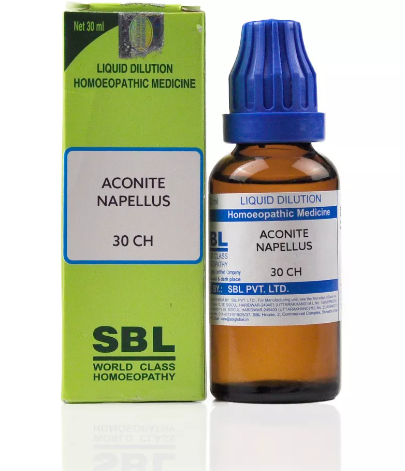
5. Phytolacca Decandra
Intense Throat Pain: Phytolacca indicated for tonsillitis with a severe, shooting, and intense pain in the throat. The pain radiate to the ears and particularly pronounced during swallowing.
Swollen Tonsils: Dark red tonsils , swollen, and have a mottled appearance. Patches or spots of white or grayish-yellow exudate (pus) on the tonsils.
Difficulty Swallowing: Due to the severe pain, swallowing can be excruciating, and it may be accompanied by a burning sensation.
Rawness and Soreness: There is a feeling of rawness and soreness in the throat, especially when not swallowing.
Hoarseness: The voice may become hoarse or rough, and there may be a tendency to clear the throat frequently.
Tenderness and Radiating Pain: There is a sense of tenderness in the throat, and the pain extend to the neck, chest, or even the back. The throat feel very sensitive.
Desire for Cold Drinks: Intense desire for cold drinks, and cold applications temporarily relieve their symptoms.
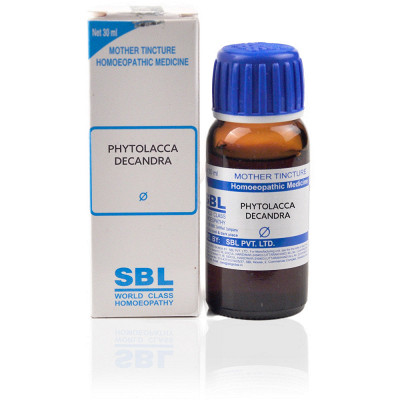
6. Arsenicum Album
Burning Pain: Burning sensation in the throat. The pain is typically very intense and can extend from the throat to the stomach. It feels worse at night.
Thirst for Sips of Cold Water:Unquenchable thirst for small sips of cold water. This desire for cold drinks may be a characteristic feature.
Restlessness: Arsenicum is known for restlessness and anxiety. Individuals need this remedy feel anxious, fearful, and restless during their illness. Perfectionists and highly anxious about their health.
Burning Eyes and Nose: In addition to the throat, Sensation of burning in the eyes and nose, especially when there is nasal discharge.
Weakness and Exhaustion: Arsenicum album is indicated when there is extreme weakness and fatigue, which is often out of proportion to the illness. Individuals feel physically and emotionally drained.
Desire for Warmth: Despite the burning sensations, Arsenicum individuals seek warmth and want to be wrapped up warmly or be in a warm room.
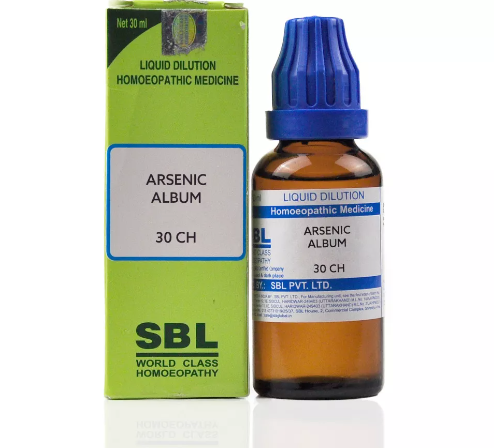
7.Apis Mellifica
Swelling and Edema: Apis is known for addressing conditions with marked swelling and edema (fluid retention). In tonsillitis, this remedy chosen when the tonsils are significantly swollen, leading to a sensation of tightness and constriction in the throat.
Burning Sensation: Apis indicated when there is a burning, stinging, or smarting sensation in the throat. The throat feel dry and painful, and there might be a sensation of heat.
Redness and Inflammation: The tonsils are typically red and inflamed in cases where Apis is considered. The person have a fiery or bright red appearance in the throat.
Difficulty Swallowing: Due to the swelling and pain, swallowing may be painful and challenging.
Dryness: Along with the burning sensation, feeling of dryness in the throat and mouth.
Thirstlessness: Unlike some other remedies, people who need Apis may not have a strong thirst. They might prefer small sips of cold water.
Worse in Warmth: Symptoms aggravated by warmth and improved with cold applications or exposure to open air.
Restlessness: The person feel restless, anxious, and uncomfortable, both physically and mentally.
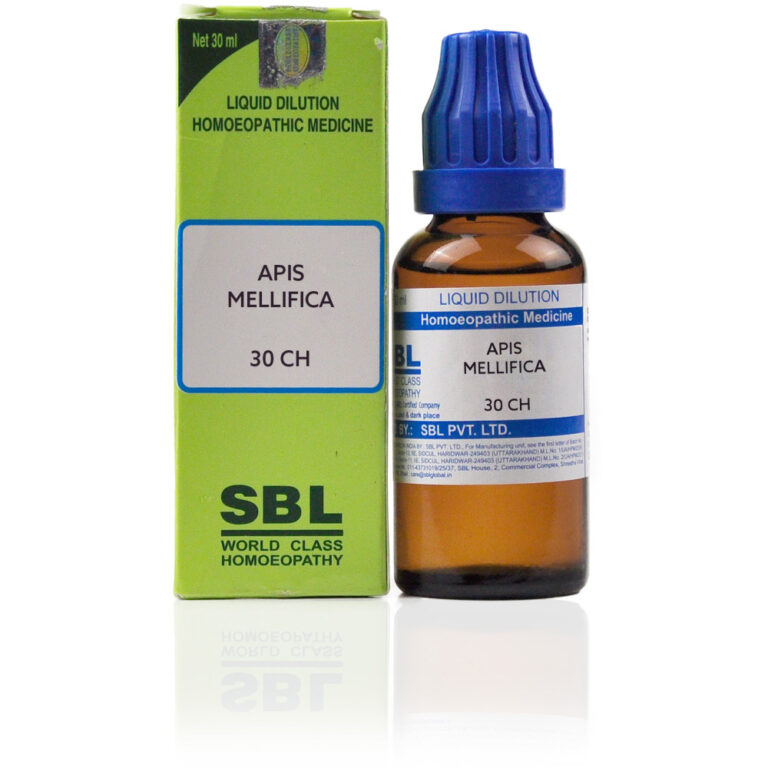
8.Sanguinaria Canadensis
Dry, Burning Throat: Sanguinaria is recommended for tonsillitis with a dry, burning sensation in the throat. The throat feel extremely sensitive.
Sensation of a Lump in the Throat: Individuals needing Sanguinaria experience a feeling of a lump or a foreign body in the throat, which can make swallowing uncomfortable.
Pain Radiating to the Ears: The pain associated with tonsillitis extend to the ears.
Right-Sided Symptoms: Sanguinaria is particularly indicated when the tonsillitis symptoms are more prominent on the right side. This includes right-sided throat pain and tonsil inflammation.
Throat Redness and Swelling: The tonsils and the throat appear red and swollen.
Worse on the Right Side: Symptoms worse on the right side, and there may be right-sided headache or facial pain.
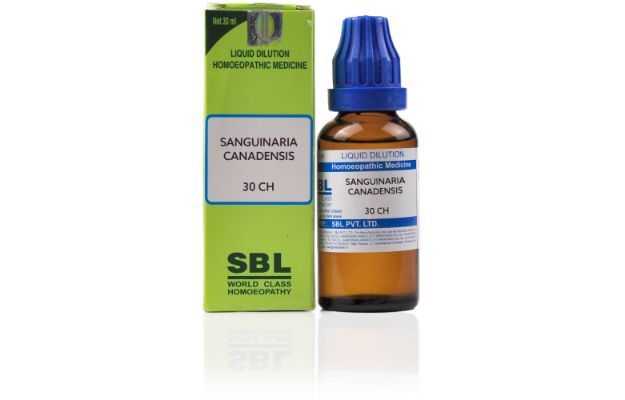
9.Lemna Minor
Throat Symptoms: Lemna minor indicated when there is a sensation of a congested or stuffy throat, as if there is a foreign body or lump present in the throat. The person feel the need to clear their throat frequently.
Nasal Symptoms: Lemna minor is also used for nasal symptoms, especially if there is nasal congestion with a blocked, stuffy feeling. Sensation of post-nasal drip.
Offensive Breath: Another characteristic of Lemna minor is foul-smelling breath, present in cases of tonsillitis or other throat conditions.
Chronic Tonsillitis: Lemna minor considered for chronic tonsillitis or recurrent tonsil infections. If there is a history of recurring tonsil problems with the above-mentioned symptoms, Lemna minor could be a potential remedy.

10. Baptisia
Foul Odor: Baptisia indicated when there is a foul or putrid odor emanating from the mouth, throat, or tonsils. This symptom particularly prominent, and breath may be offensive.
Throat Inflammation: Severe inflammation and redness of the throat and tonsils, along with a feeling of fullness or swelling in the throat.
Difficulty Swallowing: Painful Swallowing and sensation of a lump or obstruction in the throat.
Weakness and Fatigue: Baptisia is considered when there is a feeling of extreme weakness, tiredness, and a desire to lie down and rest.
Headache: Headaches and a feeling of heaviness in the head.
High Fever: High fever, and the person feel hot and flushed.
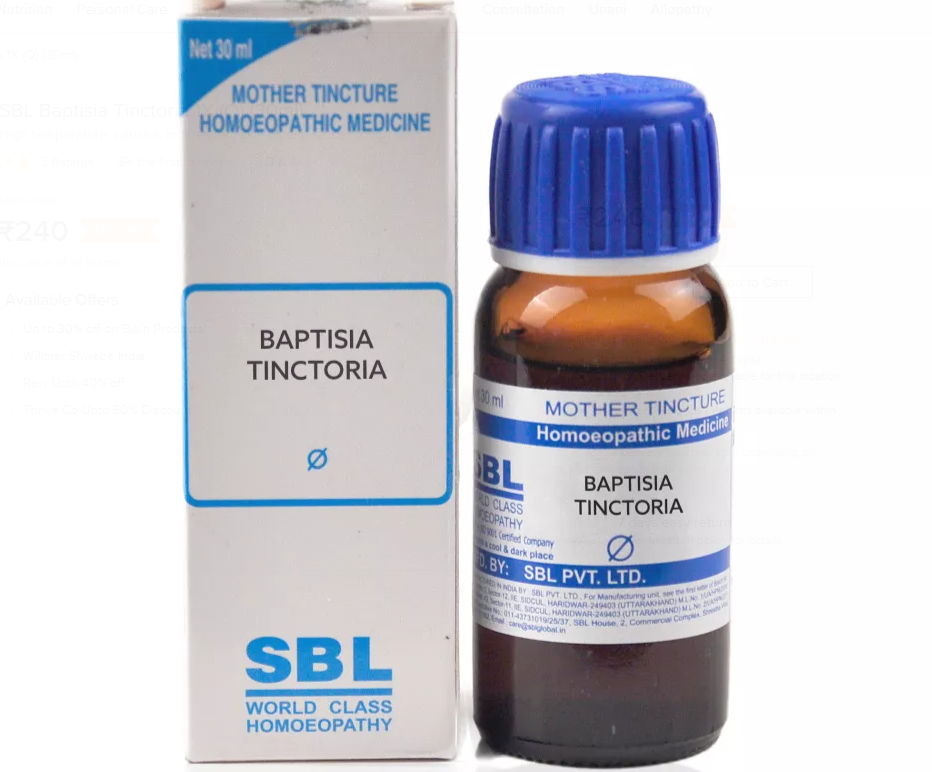
Medicine images use for reference only selection of homeopathic medicine depends on the individual’s specific symptoms and overall constitution. Moreover, homeopathy is a holistic system of medicine that treats the individual as a whole. In addition to addressing the physical symptoms, it takes into account the emotional and mental state of the person. Consequently, it’s crucial to consult with a qualified homeopathic practitioner for personalized treatment.
The information provided on this website is intended solely for educational purposes. Always seek the advice of your physician or other qualified health provider.

Pingback: Homeopathic Medicine For Warts - HOMOEO HEALING
Pingback: Homeopathic Medicine For Delusions - HOMOEO HEALING
Pingback: Homeopathic Medicine For Ringworm - HOMOEO HEALING